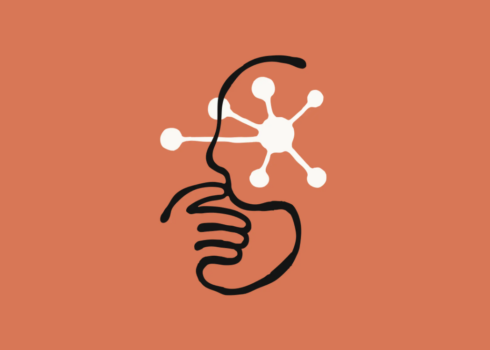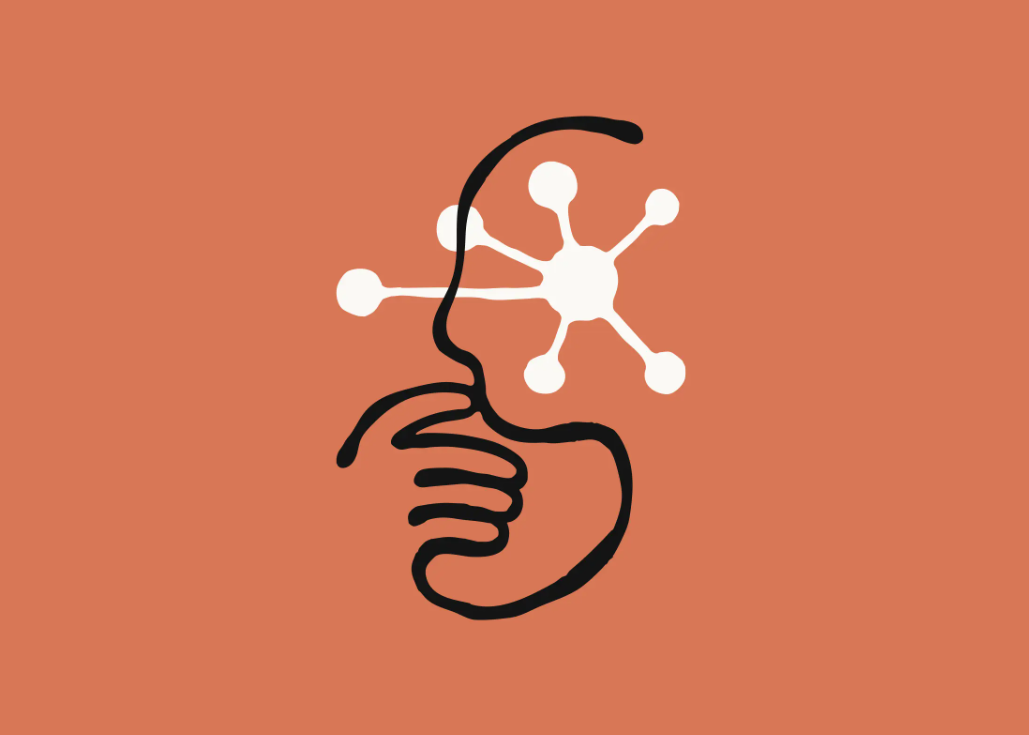
Anthropic made two major announcements today: the release of Claude 3.7 Sonnet and a research preview for an agentic coding tool called Claude Code.
Claude Sonnet is the company’s medium cost and performance model, sitting in between the smaller Haiku model and the most powerful Opus models.
According to Anthropic, Claude 3.7 Sonnet is the company’s most intelligent model yet and the “first hybrid reasoning model on the market.”
It produces near-instant responses and has an extended thinking mode where it can provide the user with step-by-step details of how it came to its answers.
“Just as humans use a single brain for both quick responses and deep reflection, we believe reasoning should be an integrated capability of frontier models rather than a separate model entirely,” Anthopic wrote in a blog post.
Users can control the budget for Claude’s extended thinking, such as restricting it to spend only a certain number of tokens for its thinking.
Additionally, Anthropic says that Claude 3.7 Sonnet features strong improvements when it comes to coding and front end web development.
This model is available across all subscription plans, including the free tier, and it’s also accessible through the Anthropic API, Amazon Bedrock, and Google Cloud’s Vertex AI. The extended thinking mode, however, is not available for free users.
Both the standard and extended thinking modes cost $3 per million input tokens and $15 per million output tokens, which is the same price as its predecessors, according to Anthropic.
Claude Code is unveiled
The company also announced a research preview for Claude Code, which is an agentic coding tool.
“Claude Code is an active collaborator that can search and read code, edit files, write and run tests, commit and push code to GitHub, and use command line tools—keeping you in the loop at every step,” Anthropic wrote.
According to Anthropic, its internal teams have already been using Claude Code for test-driven development, debugging complex issues, and large-scale refactoring.
The company plans to continue adding functionality over the coming weeks, such as improving tool call reliability, adding support for long-running commands, improving in-app rendering, and expanding Claude’s understanding of its own capabilities.
“Claude 3.7 Sonnet and Claude Code mark an important step towards AI systems that can truly augment human capabilities. With their ability to reason deeply, work autonomously, and collaborate effectively, they bring us closer to a future where AI enriches and expands what humans can achieve,” Anthropic wrote.

